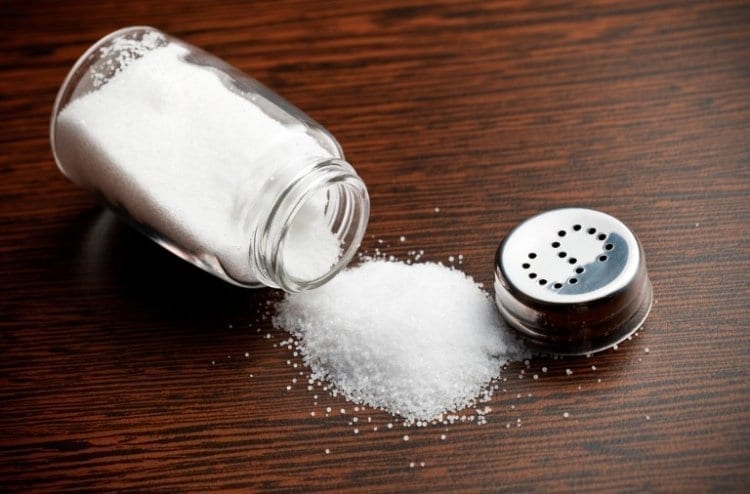In truth the reputation dried fruit has as something healthy is totally unearned. To be sure, fruit has vitamins and minerals including calcium, potassium and iron in addition to dietary fiber which enhances our digestion. The problem is that industrial methods of drying fruit which need heat and chemical additives change the nutritional value of the fruit and quite often the advantages of their high nutritional content are lost.
Now let’s talk about sugar. Dried fruit are loaded with sugar about 3 to 4 times more than the same fruit fresh. For example an average sized fruit has the equivalent of 3 teaspoons of sugar and a large one can have 5-6 teaspoons worth. Times that by 3-4 times when calculating how much sugar they may have. Just because a fruit is sour doesn’t mean it has any less sugar either. The sourness just covers your being able to taste the sugar. This is very important for diabetics to know who need to watch their sugar intake and balance their insulin levels. They should therefore check themselves soon after eating even a small dried fruit to make sure they’re okay.
If a diabetic still wants to partake of dried fruit he should choose according to the ingredients list on the package. First look to see there is no added sugar. Most dried fruit has added sugar and you must also remember there is already sugar in fruit naturally.
Then there are other additives that make dried fruit less attractive from a health perspective. If there are sulfites or sulfates you’re better off without it. A portion of the population reacts adversely to these additives with shortness of breath or nausea among other reactions. Dried organic fruit is preferred to non-organic as chances are they won’t have these additives. Other additives in dried fruit include oil and artificial food colorings.
Papaya is often color enhanced with tartrazine (E- 102) a dye widely used in processed foods to give a yellow color which is something recommended to avoid consuming. Try to look for fruit that has only natural food colors or none at all. When you buy dried fruit by weight from unwrapped merchandise you will have no idea what’s really inside unless you ask to see the bulk container it came in.
So what is recommended to eat this Tu BeShevat?
If you’re diabetic or just want to limit sugar intake you can avoid dried fruit on Tu BeShevat and eat what they ate traditionally for thousands of years; nuts. They are chock full of nutrients and are a good source for fats and protein. Nuts will make blood sugar rise only slightly and not make the sugar spike that sweet fruit or dried fruit would do. If you eat a fruit accompanied by nuts the nuts will lower the glycemic index of what you consumed and make the blood sugar levels stay more even by slowing the fruit’s digestion.
Natural nuts are better than roasted, popped or coated. The oils in roasted nuts can go rancid from the heat and change them chemically making them less nutritious. Roasted nuts are also very high in salt. The main problem with nuts is their high calorie count due to their high fat content. 100 grams of nuts can be 500-600 calories. So even if you make the healthy choice of eating nuts, don’t go nuts and eat too much of them. On the other hand it’s good to have a few nuts every day year round for their health benefits.
In summary, nuts are a better choice for diabetics, anyone who cares about sugar intake or other additives. You may also discover you can make very nice desserts with nuts you will enjoy as much as the less healthy choices.
Einat Mazur Becker is a clinical nutritionist in the Diabetes Medical Center (DMC) in Tel Aviv.





